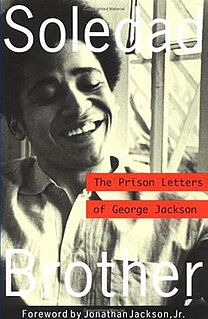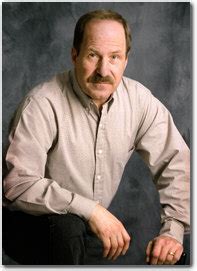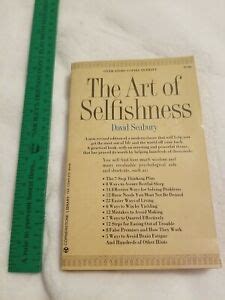A Quote by George Jackson
It is always wise with a course of action to consider the likely consequences before going ahead with it.
Related Quotes
When I was growing up, you were supposed to marry and therefore didn't plan ahead. Planning ahead is one of the few reliable measures of class in the sense that rich people plan for generations forward and poor people plan for Saturday night, and by that measure, women have been lower class. We were less likely to plan ahead because we're more likely to think that who we marry and our children are going to dictate our plans.
Any profession should have norms around the issue you raise. And, in the words of the great economic thinker Albert Hirschman, we all owe a measure of loyalty to professional norms. But when the norms seem unhelpful or unproductive, one needs to speak up - to activate voice. And in the extreme, if the profession and one's colleagues seem estranged from a thoughtfully selected course of action, you need to consider the possibility of exit. Of course, if you knowingly violate norms or laws, you need to be prepared to face the consequences - or to lead a revolution!
We often say that someone has exceptional political or social savvy, but what specific cognitive skills allow these people to handle interpersonal situations so effectively? Typically, socially skilled people are exceptional at recognizing underlying agendas, anticipating the probable effects and likely unintended consequences of a chosen course of action. These specific capabilities determine one's "people smarts."
I see no other conceivable strategy for the achievement of liberty than political action. Religious or philosophical conversion of each man and woman is simply not going to work; that strategy ignores the problem of power, the fact that millions of people have a vested interest in statism and are not likely to give it up.... Education in liberty is of course vital, but it is not enough; action must also be taken to roll back the State.
I'm one of the narrative-push people. I don't outline, I don't plan ahead. So I'm my first reader, telling myself the story as I'm going along. Since I haven't designed it ahead of time, each day I have to be sure that the footing is solid before I make the next step. I think you could be more intricate if you work it out ahead of time.
Buddhists have a long-standing tradition of believing that at some level we always know what the best course of action is in any given situation. We just have to be quiet enough to let that course of action present itself to us. And we need the confidence to act when life shows us what we need to do.
but it is also true, if this brings her any consolation, that if, before every action, we were to begin weighing up the consequences, thinking about them in earnest, first the immediate consequences, then the probably, then the possible, then the imaginable ones, we should never move beyond the point where our first thought brought us to a halt.
But ... the working scientist ... is not consciously following any prescribed course of action, but feels complete freedom to utilize any method or device whatever which in the particular situation before him seems likely to yield the correct answer. ... No one standing on the outside can predict what the individual scientist will do or what method he will follow.





































